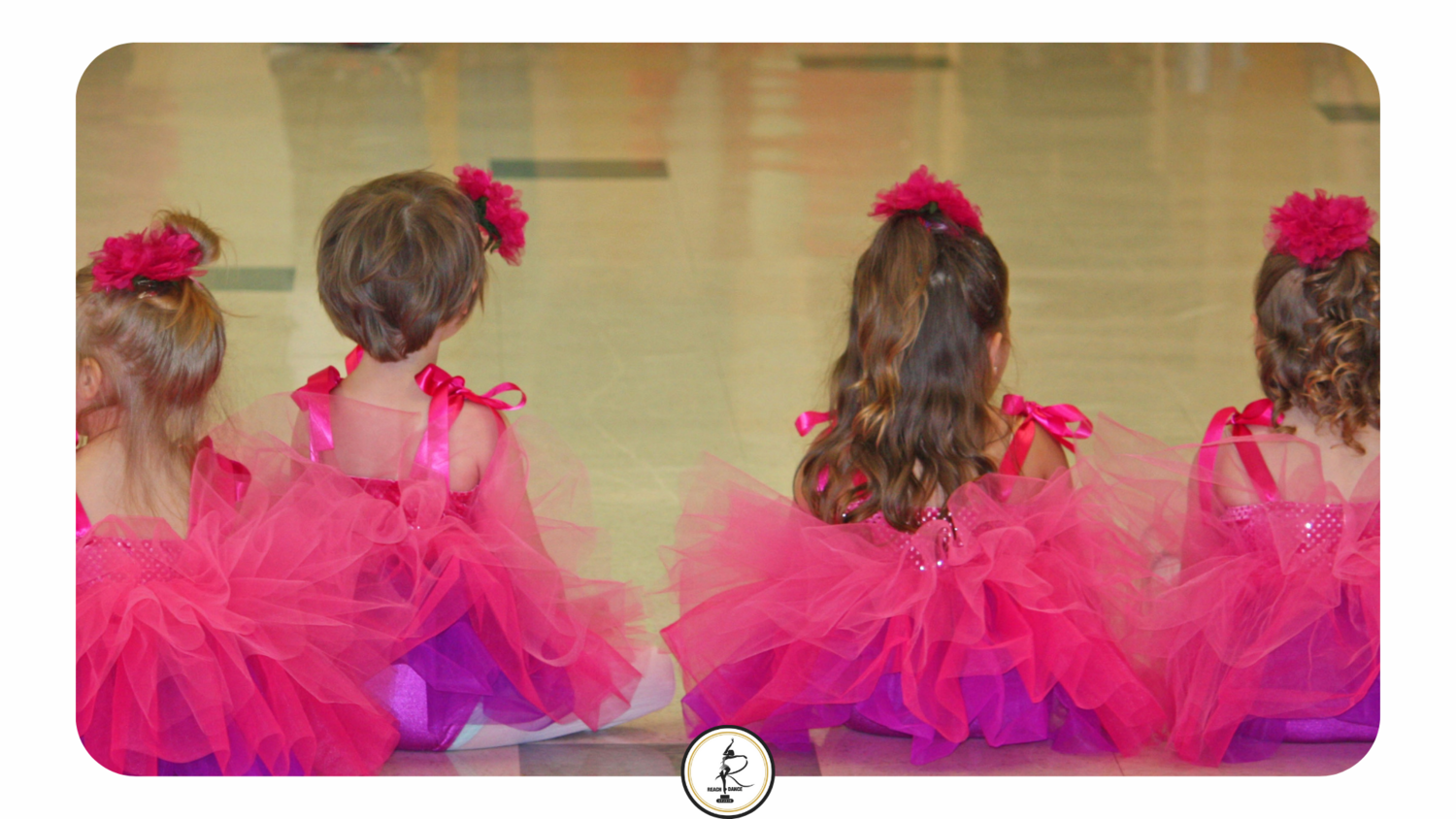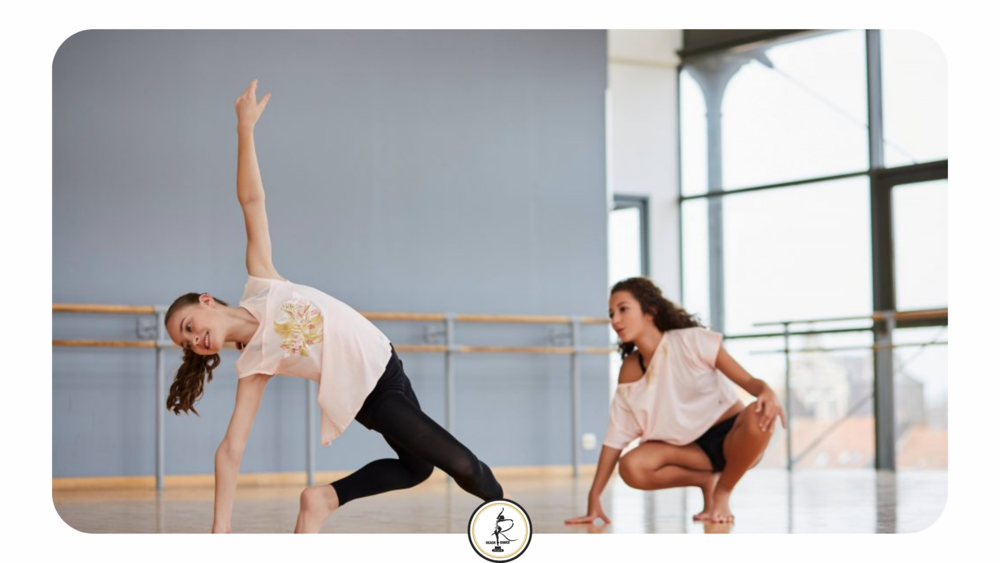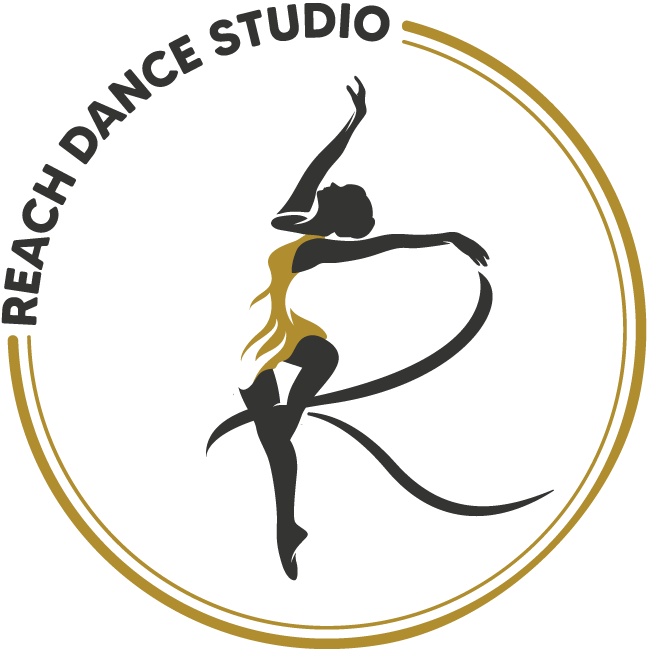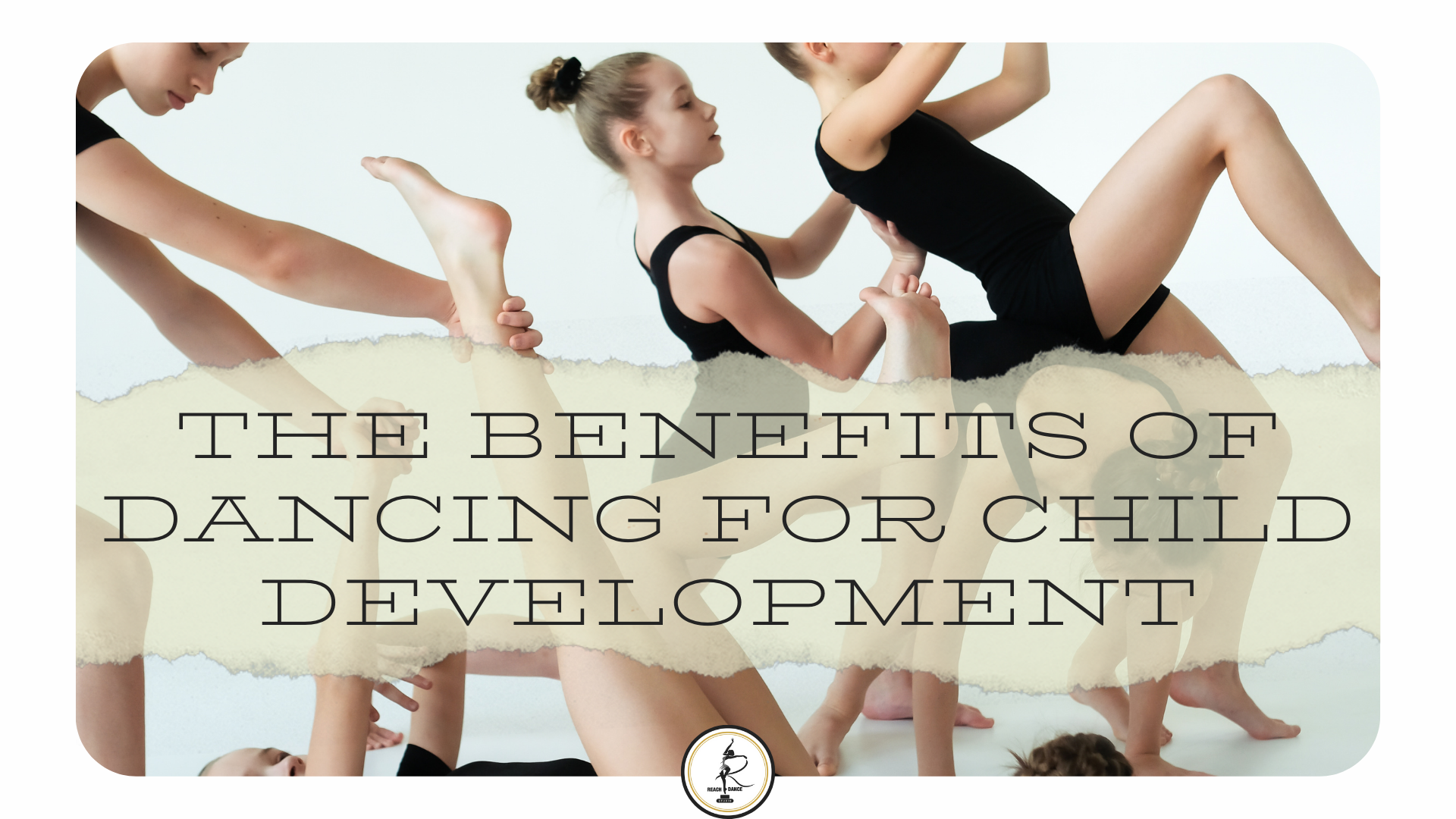Dancing has many benefits for both children and adults. In addition to its physical benefits, it also has many psychological benefits, because dancing is not only a physical activity, but also a fun and social act. Most children love to dance. Babies usually start dancing as soon as they hear the first few notes. Like many things that occur during development, dancing is a beneficial activity for children, both physically and psychologically. Toddlers can be encouraged to dance even before they start walking. Dancing is an alternative way for a child to express themselves.. Regardless of the type of dance your child chooses, dancing supports a child’s self-confidence, emotional development and physical development. The important thing is to find the dance style that your child enjoys and the trainer that suits them.
Dancing improves learning and attention skills
Planning, strategy development, discipline and focus are important skills to be a skilled dancer, and these skills are required in many parts of a child’s life. Dance lessons activate the creativity skills of children and ignite their interest in art. A study has shown that children who regularly attend dance classes are more successful academically, especially in math and science.

Dancing improves self-confidence and self-esteem
In dance lessons, children have the opportunity to get to know their bodies and muscles better. The main reason for this, is that each dance has certain balance stances and positions within itself. Children who focus on completing these postures will quickly understand which muscle works for what in their body and how they should use their body. Children who know themselves and their bodies better have higher self-confidence and self-esteem. It has been determined that the body perceptions of the children who attend the dance lesson are more positive, and they are better at expressing themselves. This positive contribution is especially important for children with psychological or developmental difficulties.
Dance strengthens social relationships
Dancing is not only a physical activity for the child, dance is also a very social phenomenon. Dance lessons improve the communication and social skills of the child. Together with dance, children develop group communication, dance will have a supportive effect in making friends and trusting others. The child experiences working in a team, making friends, cooperating and trusting others. Working together with a class, learning common moves with other friends, can strongly support a child’s ability to adapt. If your child is shy, a flexible dance class with peers and an understanding and supportive instructor may be helpful.

Dance promotes healthy physical development
One of the most important benefits of dance is the positive contribution it makes to the body physically. Since dancing is a physical activity, it is possible to observe positive changes in the physical development of children who continue to dance regularly. Regular dancing increases the child’s flexibility, balance, and physical strength. With the repetitive movements in the dance, the child contributes to healthy muscle development. Performing dance exercises by always lengthening the muscles ensures that the musculoskeletal structure and body lines are more beautiful, elegant, and thin. The body of the student who receives dance training is more flexible, stronger, and more elegant. At the same time, the eating habits of the child who is engaged in a sport such as dance are healthier.
Dancing contributes to creativity
Children can express their creativity through dance. In addition, dancing develops their musical ears and contributes to the development of their memory.
As we mentioned earlier, all types of dances offer numerous benefits. All types of dances have a positive effect on development. One of the most well-known dance styles is ballet. Ballet can help your child absorb values such as responsibility and discipline. There are also new types of modern dance that are fun and full of energy.
The main factor to consider when choosing which dance your child should learn is which dance your child enjoys the most. Ideally, leave this choice to your child. He/She should be allowed to choose the dance he/she will do, according to his own musical preferences.
As parents, it is very important that we support our children’s decisions and encourage them to fulfill them. We should also inspire them to try new activities. We should be the ones who accompany them as they acquire new hobbies, friends, and experiences.
Click here to view our Classes schedules, and here to contact us.


